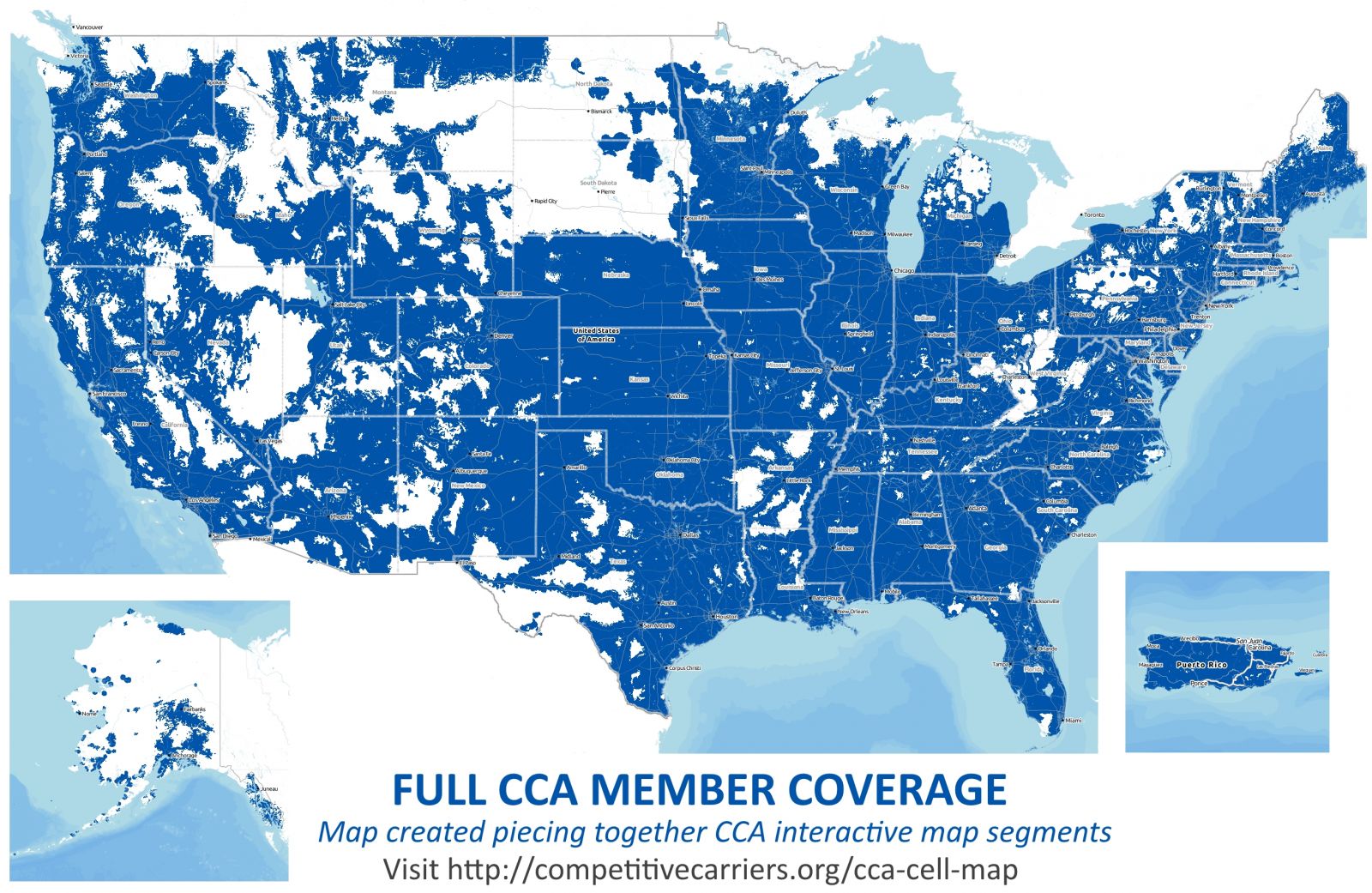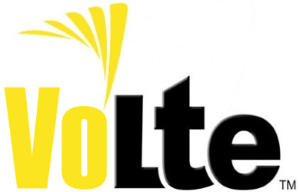Sprint is proceeding with a VoLTE network that focuses on interoperability with Domestic and International VoLTE carriers
by Robert Herron
Sprint 4G Rollout Updates
Wednesday, July 16, 2014 - 5:30 PM MDT
Hold the phones! One day, you won’t have to worry about holding the phones as Sprint moves to VoLTE for its voice telephone services. That is because VoLTE (Voice over LTE) will allow customers to do a voice call and LTE data simultaneously. S4GRU is now able to confirm that Sprint is proceeding with Voice over LTE based on detailed information from an anonymous Sprint executive. He was able to confirm some of their plans for the transition to VoLTE for voice.
In recent months, Sprint has been quite mum about moving to voice over its LTE network. Maybe even a bit misleading about it. Causing some to believe they may not even move to VoLTE at all. Public quotes from Sprint have reiterated that CDMA will carry its voice needs for the foreseeable future and not being in any rush about going to VoLTE like all their competitors have proclaimed. And based on this new information S4GRU recently obtained, it will certainly not be rushed.
But Sprint is moving forward with a solid VoLTE plan that will see the lion share of its voice usage move to LTE. This is a relief to some S4GRU members, as they have been getting anxious as they hear other providers publicly extol their upcoming VoLTE networks. We will discuss some details of the plan as they were shared with us.
The Sprint VoLTE plan
Currently, Sprint is in the programming phase of VoLTE. This includes all the design criteria and functionality that can and should be included in their VoLTE system. This includes discussion and feedback from device and network OEM’s about feasibility and hardware support. When this programming phase completes this summer, it will then proceed with an FIT (Field Implementation Testing) phase.
During the FIT, they will be able to discover any issues and bugs that need to be worked out before OEM’s start mass producing equipment and VoLTE is instituted nationwide on the Sprint LTE network. Sprint VoLTE FIT’s are planned to be in Kansas, Greater Chicago (Illinois) and Virginia. Key roaming partners will participate to ensure interoperability.
An opening up of the VoLTE network to customers will be in a future implementation phase that is yet to be scheduled. The schematic schedule would have that be in Mid 2015, but it could be sooner if everything goes well in the wrap up of Phase 1, the FIT and the availability in the device ecosystem is realized.
Key Points
Sprint is proceeding with incorporating VoLTE into its network to capitalize on the following advantages:
- To support both domestic and global roaming for its customers and customers of other VoLTE providers
- Reducing the CDMA network (capacity, not coverage) by removing most of the voice burden to allow for spectrum refarming for additional LTE carriers (capacity)
- VoLTE will allow HD Voice to be interoperable with several other providers by using the 3GPP EVS (Enhanced Voice Service) codec and integrating other networks together
Additionally, here are some details about how Sprint will implement VoLTE:
- The Sprint VoLTE network will be designed to hand off calls to the existing Sprint CDMA network, including HD Voice calls, via the EVRC-NW codec
- EVS codec standardization may not be achieved by the time Sprint starts deploying a VoLTE network. They will use AMR-WB and EVRC-NW for testing initially. This may limit initial interoperability of HD Voice in the beginning.
- Sprint to SoftBank Mobile VoLTE calls should be able to use HD Voice from the beginning, and vice versa.
- Sprint will leave some CDMA voice capacity indefinitely. However, ultimately the goal is to remove CDMA 1X Voice when coverage and quality is equal or better than customers experience today. Additional low frequency spectrum may be required, depending on future voice demand which is steadily declining.
- VoLTE calls will not be given QoS Priority on LTE initially. Should LTE capacity constraints be experienced during a VoLTE call, the call will be handed over to the 1x network. As the LTE network matures and loads are better balanced, voice on LTE will be given priority over other LTE traffic similar to WCDMA networks.
- FDD LTE networks will be preferred for VoLTE traffic over TDD LTE. TDD already has the uplink slotted for maximum data download efficiency. Adding additional uplink data demand for voice (which is synchronous in nature) on TDD (which is not synchronous) may cause a noticeable data upload degradation in voice demand scenarios. Due to FDD being synchronous in nature like voice calls operate, Sprint VoLTE will prefer FDD LTE over TDD LTE when possible to provide for the best network operation.
Interoperability over getting it installed now
One of the key reasons why Sprint is going to be last to the VoLTE race is because of interoperability. The most important attribute to Sprint for VoLTE is roaming with other providers. Early VoLTE networks will either not support interoperability, or will require significant upgrades or network changes to allow it. VoLTE is only now maturing to a state of interoperability where there are enough standards to ensure a system that can work with other providers.
Unlike the Duopoly and some other early VoLTE adopters who may not care for an open voice network, and may even be against it, Sprint is making sure that its network is designed with interoperability in mind. So it works with other providers from the beginning. Sprint is likely working with CCA and RRPP members. And this makes sense in context with remarks recently from RRPP partner VTel in Vermont.
The Sprint network is being designed from the get go to make sure it can host roaming for other LTE providers around the country and around the world, and also that Sprint VoLTE devices are capable of roaming on partner LTE networks as well.
LTE can finally be that bridge to a cohesive global voice and data network among different providers. Since the world is embracing LTE as the de facto standard, it would be a shame to miss out on that level of interoperability. Granted, there will be some band support issues, but OEM’s have made great strides in providing devices to handle a great many bands these days. The current Nexus 5 model supports many LTE bands already.
Sprint is banking on the slower and well planned route to VoLTE is going to provide a better network to seamless global interoperability for Sprint customers. Now if the FCC and DOJ will take notice and stop the Duopoly from buying out CCA members. This is the largest threat to competition in the wireless market currently, in my opinion.
 CCA Member Coverage Map. This is an illustration of what LTE and VoLTE could look like upon all existing CCA members upgrading to fully interoperable LTE/VoLTE networks.
CCA Member Coverage Map. This is an illustration of what LTE and VoLTE could look like upon all existing CCA members upgrading to fully interoperable LTE/VoLTE networks.
-
 37
37









28 Comments
Recommended Comments